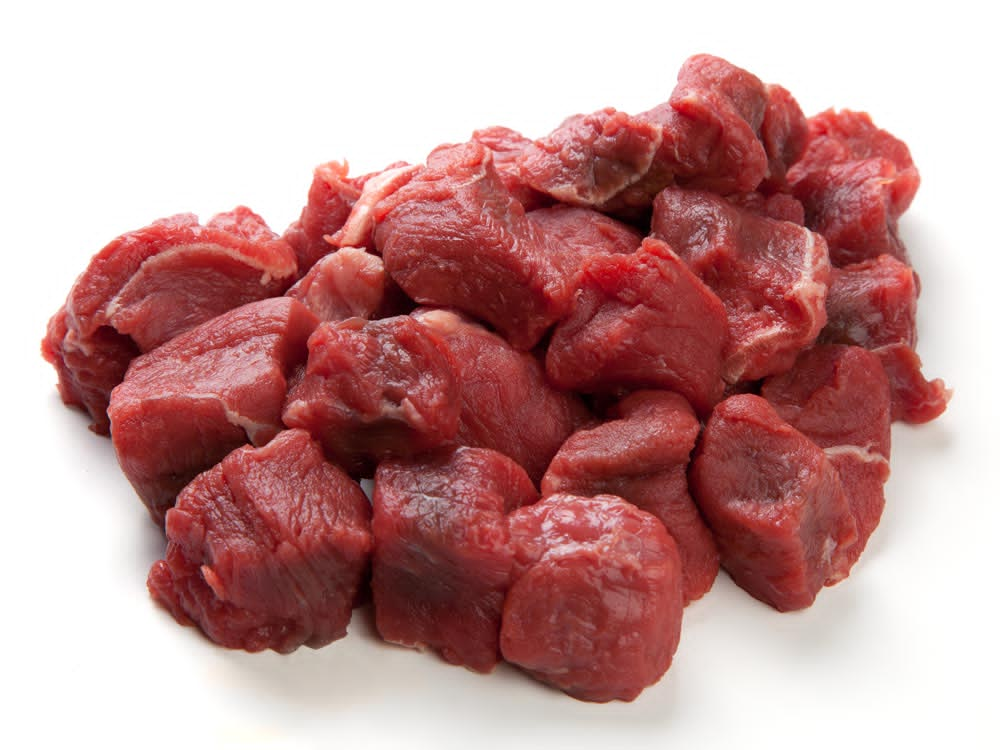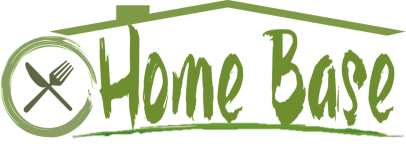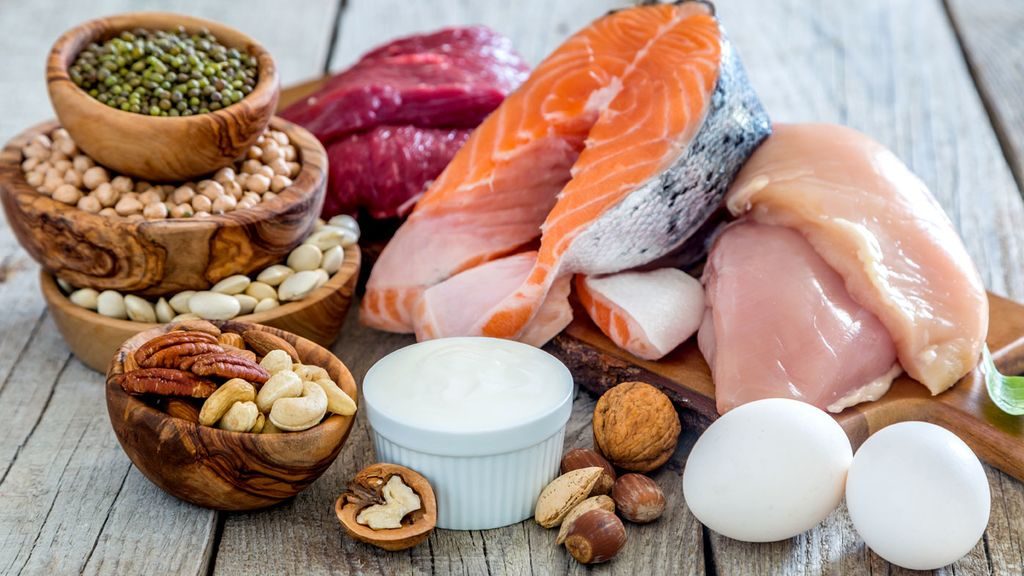Protein is built from building blocks called amino acids. These amino acids are needed by tissues of our body so that it can fix broken tissues and build up more tissues for the muscles to be strong. They also coordinate biological processes between different cells, tissues, and organs. In addition, proteins are needed by the immune system which helps the antibodies grow and fight off foreign particles such as bacteria and viruses. Proteins also help keep our metabolisms running, our energy up and our blood sugar levels stable.
Furthermore, research also shows that including a source of protein at breakfast along with a high-fiber grain like whole wheat toast can help you feel full longer and eat less throughout the day Protein has a lot more uses in our body, but to put it simple, the protein found in our food is used by every part of our body to develop, grow and function properly. Protein is found in both plant and animal sources of food. Here are the top food sources of protein:
Dairy Products

Milk, cheese, and yogurt are balanced sources of protein, fats, carbs, vitamins, and minerals. Milk and cheese contain rich amount of calcium, phosphorus, magnesium, zinc, vitamin A, vitamin B12 and vitamin B2. Yogurt, on the other hand, is full of beneficial probiotics which help in the digestion and the absorption of nutrients. These protein-rich dairy products provide a good amount of protein per serving and help promote nutrient absorption and supply medium-chain fatty acids that boost energy levels and help lower cholesterol.
Nuts

Nuts are a healthy snack that contains not only protein but also antioxidants, unsaturated fatty acids, and fiber. Nuts like almonds also contain vitamins such as riboflavin and minerals such as magnesium which help protect your heart from cardiovascular disease, reduce inflammation, support cognitive function, and control blood sugar levels. Some of the healthiest nuts are Almonds, Cashews, Peanuts, Hazelnuts, and Walnuts.
Eggs

Eggs are one of the least expensive sources of protein. They contain all nine of the essential amino acids that we need to get from our food. More than half the protein of an egg is found in the egg white along with vitamin B2. Eggs are also rich in biotin, which helps improve protein absorption. In addition, eggs are also great sources of vitamins, minerals, healthy fats, eye-protecting antioxidants and brain nutrients. This protein-rich food is an important and versatile ingredient for cooking and it is easy to be creative in adding them to your diet.
Salmon

Salmon is one of the most nutritious foods on the planet. Six ounces of wild salmon has about 34 grams of protein and is naturally low in sodium, and contains only 1.7 grams of saturated fat. It is also an excellent source of omega-3 fats, a type of fat that’s especially good for the heart. This delicious, versatile and widely available fish can be a great addition to a high-protein diet.
Oats

Dubbed as the healthiest grains on the planet, oats are among the best sources of protein. This healthy breakfast staple a good source of carbs and fiber. They are also loaded with important vitamins, minerals, and antioxidant plant compounds. No wonder oats are popular breakfast meal.
Lean Meat

Lean meat is among the top sources of protein, making it an excellent high-protein food option that can easily be added to healthy lunch and dinner recipes. In addition to a good amount of protein, lean meat is also an excellent source of zinc, iron, and vitamin B12.
Beans

Beans are an excellent source of both protein and fiber which keep you feeling full for hours. The protein and fiber duo found in beans also help the body absorb nutrients and release acids into the bloodstream, which makes you feel energized and helps to cleanse your digestive tract
Eating food which are good sources of protein has a number of health benefits, so always have some of these protein-rich food ready during every meal.



